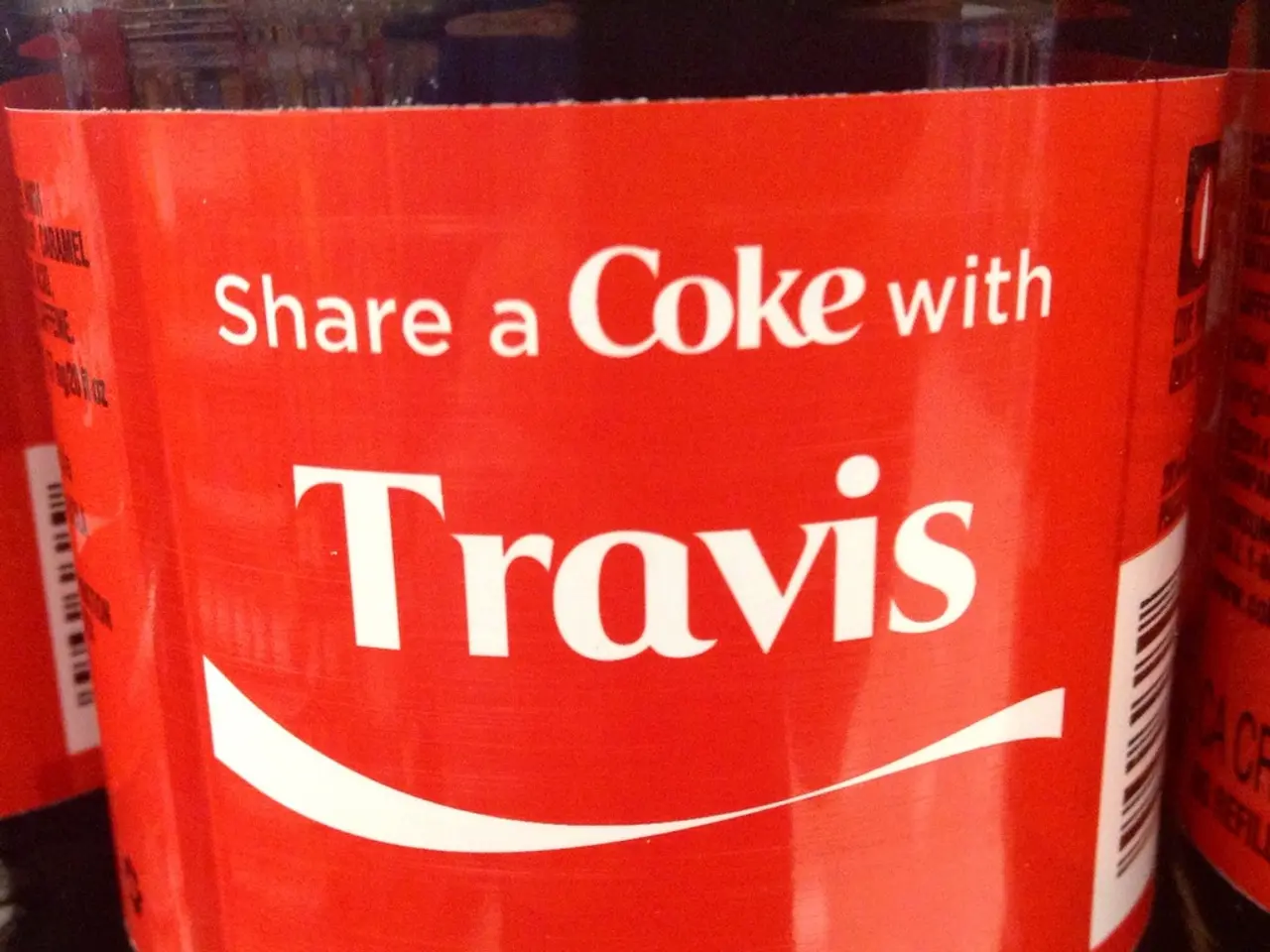Correspondences Detailed:
================================================================================
In a recent debate, conservative columnist Krista Kafer has expressed concerns about the continued federal funding of public broadcasting networks PBS and NPR. However, proponents of the system argue that federal support is crucial for the unique contribution these networks make to public cultural, educational, and informational programming.
Public Value and Accessibility
Federal funding ensures the provision of unparalleled cultural and educational content, particularly important in rural and poor areas where private funding is insufficient. This broad access to American-made content is a key advantage of the system [1][2].
Low Cost to Taxpayers
The cost to taxpayers is minimal, with each American contributing approximately $1.60 annually. This funds critical public service content like children’s programming (Daniel Tiger’s Neighborhood) and important news coverage (PBS NewsHour, Morning Edition, All Things Considered) [1][2].
Emergency Alerting and Community Service
In times of crisis, public broadcasting serves a vital role, providing emergency alerts and trusted local news that commercial media may not adequately supply [1].
Widespread Public Support
Polling indicates that about 66% of Americans support federal funding for public media and view it as a good value, demonstrating broad public backing beyond partisan divisions [2].
Local Impact
Without federal funding, local public media entities could close, reducing programming diversity and the public’s access to trusted local news [1][2][5].
On the other hand, critics like Kafer argue that the funding of PBS and NPR is a waste of taxpayer money and that these outlets show political bias. However, public media leaders warn that without federal support, many public stations—especially those in less commercially viable markets—could close, significantly harming public access to quality media [2][3].
In conclusion, proponents contend that continued federal funding is justified based on the cultural, educational, civic, and emergency service value that private markets alone cannot fully replicate [1][2][3]. The debate surrounding the funding of PBS and NPR continues, with both sides presenting compelling arguments.
The unique cultural and educational content provided by public broadcasting networks such as PBS and NPR, accessible to a wide audience, including rural and low-income areas, contribute significantly to the lifestyle and social-media discussions within the community. In times of crisis, this access to emergency alerts and trusted local news on social-media platforms helps promote an entertained and informed society.







